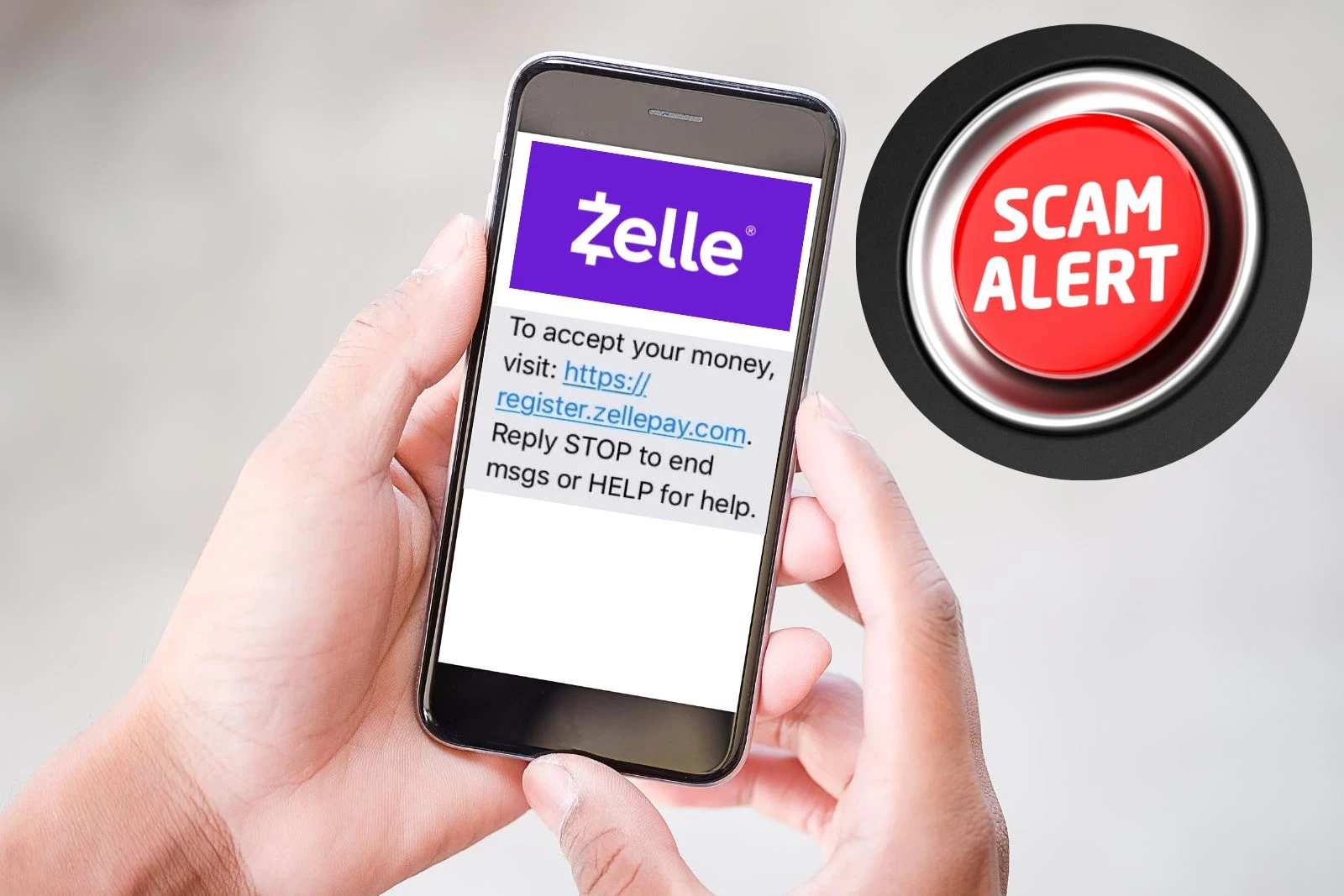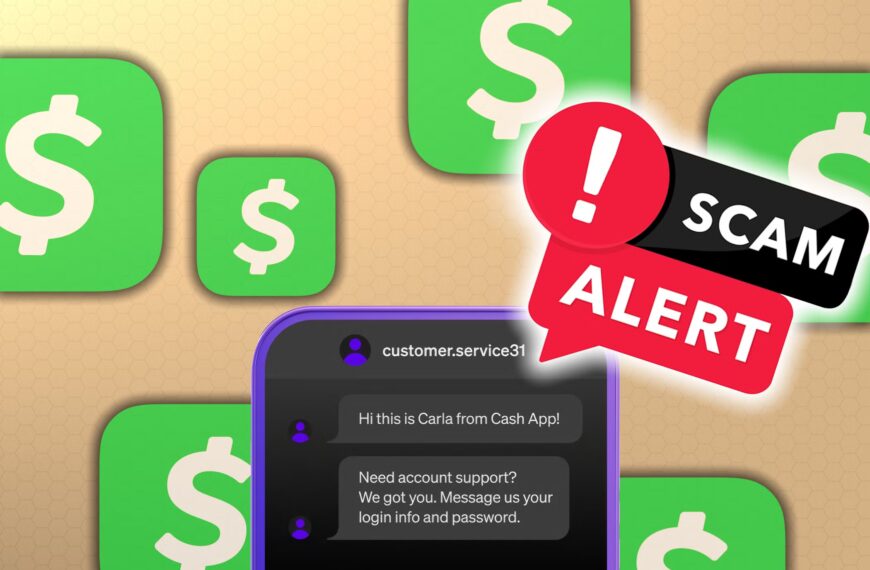With the rise of digital payment platforms, Zelle has become a popular tool for quick and seamless transactions. However, its growing popularity has also attracted scammers looking to exploit unsuspecting users. Understanding how Zelle payment scams work and the measures you can take to protect yourself is essential for safe online transactions.
What is a Zelle Payment Scam?
A Zelle payment scam involves fraudulent activities where scammers trick individuals into sending money using Zelle under false pretenses. Because Zelle transactions are instant and typically irreversible, it’s a favored method for scammers to siphon money quickly. Here are some common scenarios:
- Fake Buyers and Sellers:
- Scammers pose as buyers on platforms like Craigslist or Facebook Marketplace, offering to pay through Zelle. They might send fake payment notifications, convincing you the payment is pending until you ship the product.
- Similarly, fake sellers claim to offer goods or services and demand upfront payment via Zelle, disappearing once they receive the money.
- Impersonation Scams:
- Scammers pretend to be representatives from your bank, employer, or a trusted institution, urging you to make a Zelle transfer to resolve an issue or claim a prize.
- Phishing Scams:
- Fraudsters send fake emails or texts that appear to be from Zelle, asking you to click on a link to verify your account or resolve a supposed issue. The link directs you to a fake website where they steal your login credentials.
- Overpayment Scams:
- Scammers “overpay” for an item and request a refund. They use stolen accounts to send the “payment,” and once the actual account holder reports fraud, you’re left without the money.
How to Avoid Zelle Payment Scams
Protecting yourself from Zelle payment scams requires vigilance and awareness. Here are detailed measures to help you stay safe:
- Verify Transactions and Parties:
- Only send money to people you know and trust. Avoid sending payments to strangers or businesses you’ve never interacted with before.
- Double-check the recipient’s email or phone number to ensure accuracy.
- Beware of Urgency:
- Scammers often create a sense of urgency, pressuring you to act quickly. Take time to verify any claims before proceeding.
- Inspect Emails and Texts:
- Avoid clicking on links in unsolicited messages claiming to be from Zelle. Instead, log in to your Zelle account or banking app directly to verify issues.
- Look for signs of phishing, such as spelling errors, generic greetings, or mismatched sender addresses.
- Secure Your Account:
- Use strong, unique passwords for your Zelle account and associated email.
- Enable two-factor authentication (2FA) on your Zelle account if available.
- Avoid Sharing Personal Information:
- Never share sensitive information like your banking login credentials, one-time passwords (OTPs), or account numbers with anyone.
- Conduct Transactions Carefully:
- When buying or selling online, consider using escrow services or platforms with buyer/seller protection instead of direct Zelle payments.
- Meet in person for local transactions whenever possible, and exchange money only after verifying the goods or services.
- Monitor Your Account Regularly:
- Frequently check your bank account for unauthorized transactions. Report any suspicious activity immediately to your bank.
What to Do If You’re a Victim of a Zelle Scam
If you suspect you’ve been scammed through Zelle, take the following steps:
- Report to Your Bank:
- Contact your bank immediately to report the fraudulent transaction. They may help you investigate and secure your account.
- File a Police Report:
- Provide as much detail as possible, including transaction records and communications with the scammer. A police report may be necessary for recovery efforts.
- Alert Zelle:
- Notify Zelle of the scam via their official channels to prevent the scammer from targeting others.
- Report to the FTC:
- File a complaint with the Federal Trade Commission (FTC) at ftc.gov. This helps authorities track and combat online fraud.
- Spread Awareness:
- Warn others about the scam by sharing your experience. This can help prevent similar scams from affecting other users.
Conclusion
Zelle is a convenient platform for transferring money, but it’s essential to use it wisely to avoid falling victim to scams. By staying informed, verifying transactions, and following safe practices, you can protect yourself and your hard-earned money. Remember, if something feels suspicious or too good to be true, it probably is. Stay vigilant and prioritize security in all your digital transactions.














